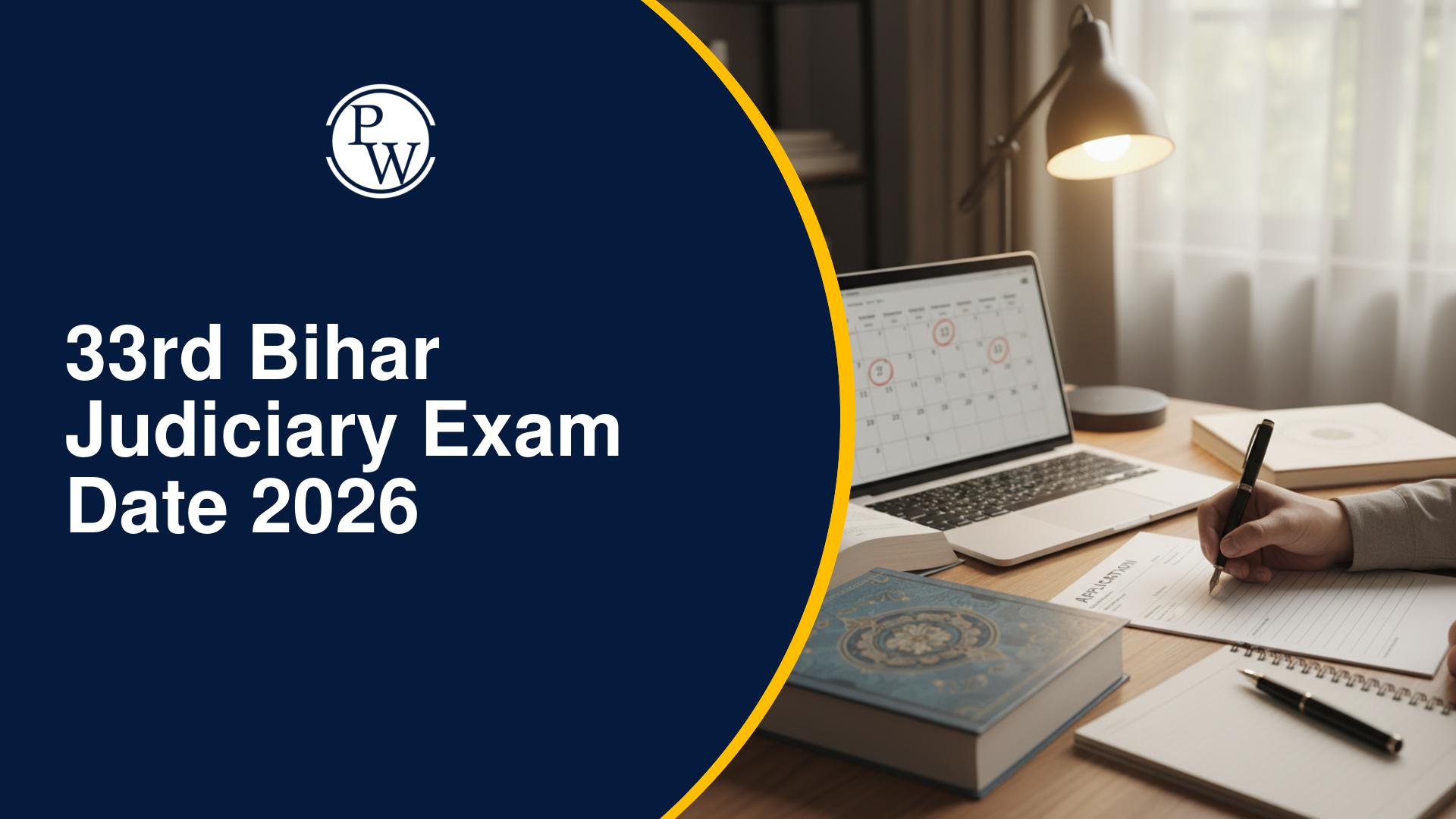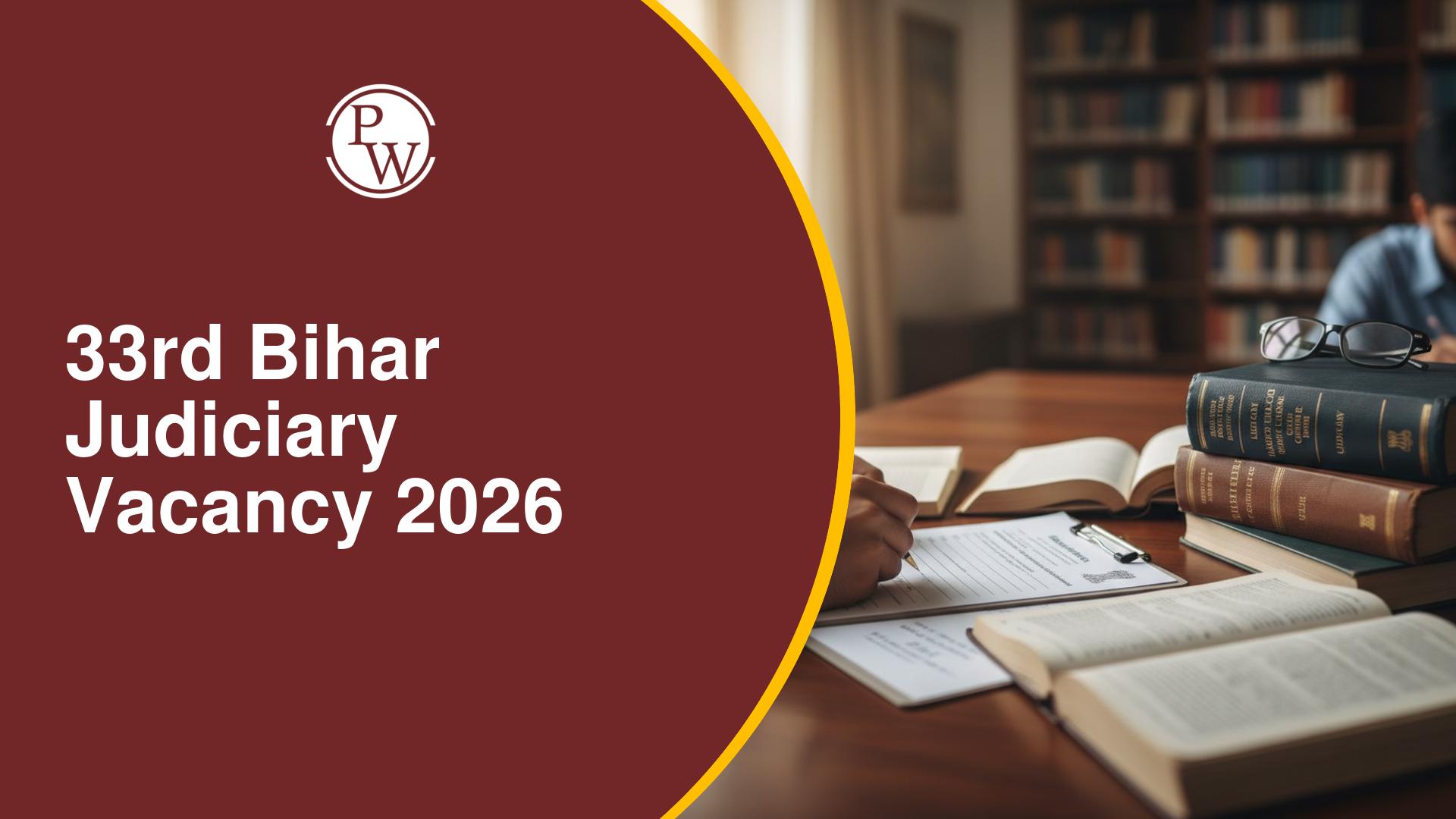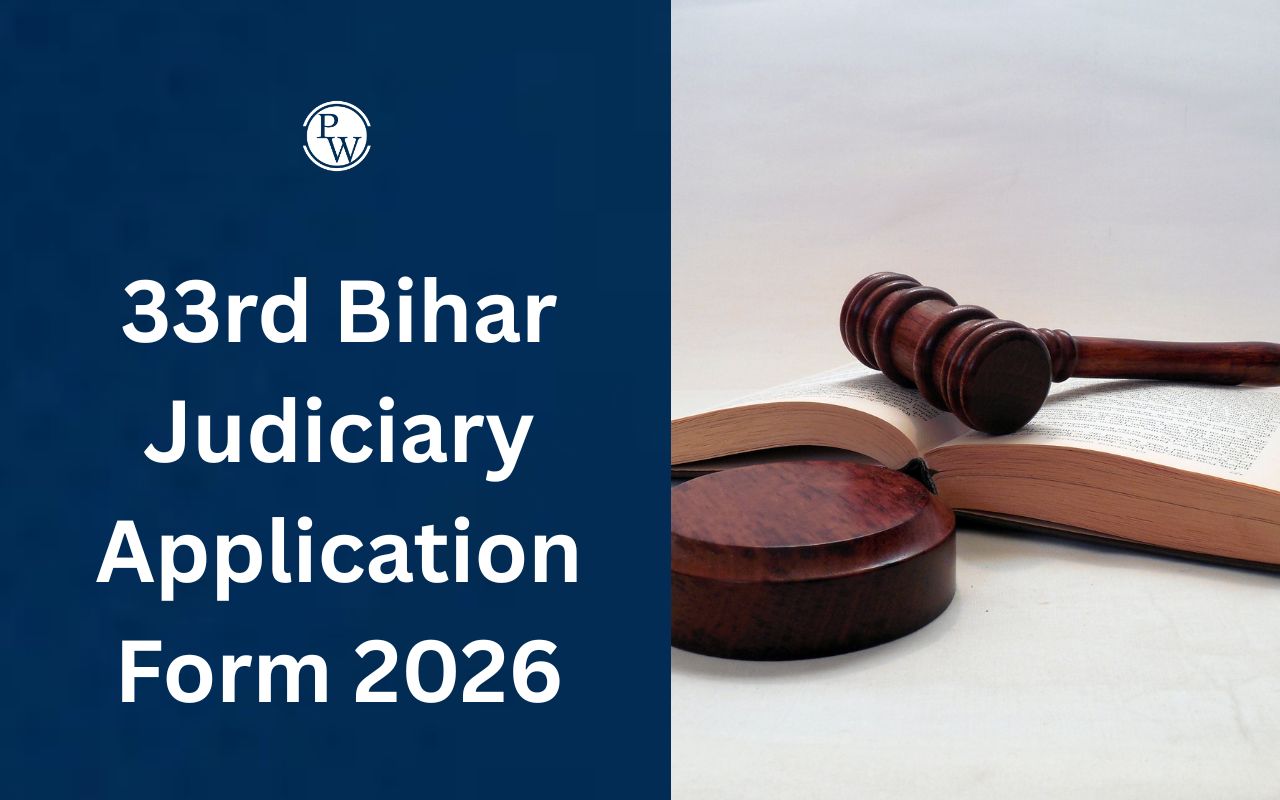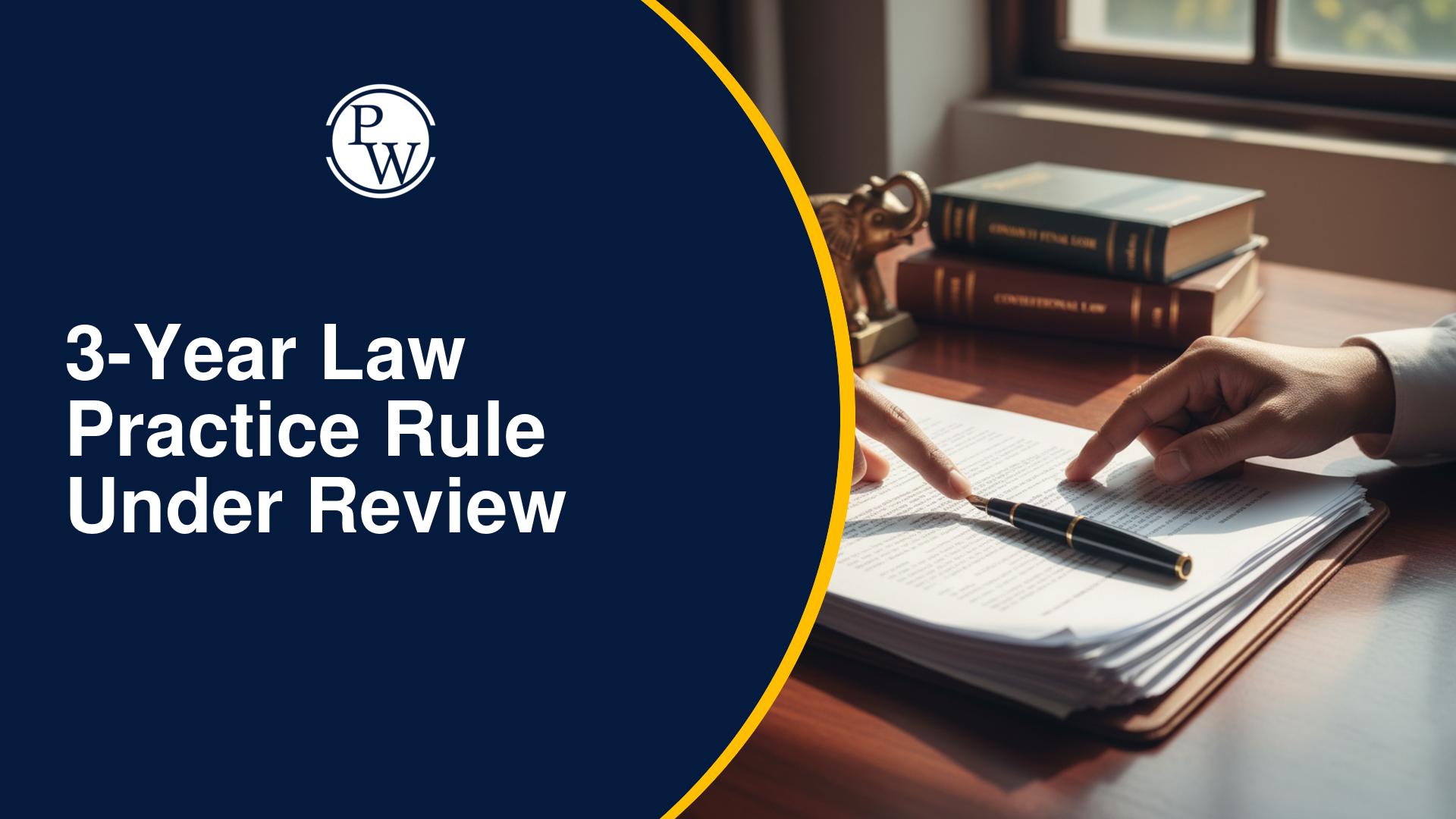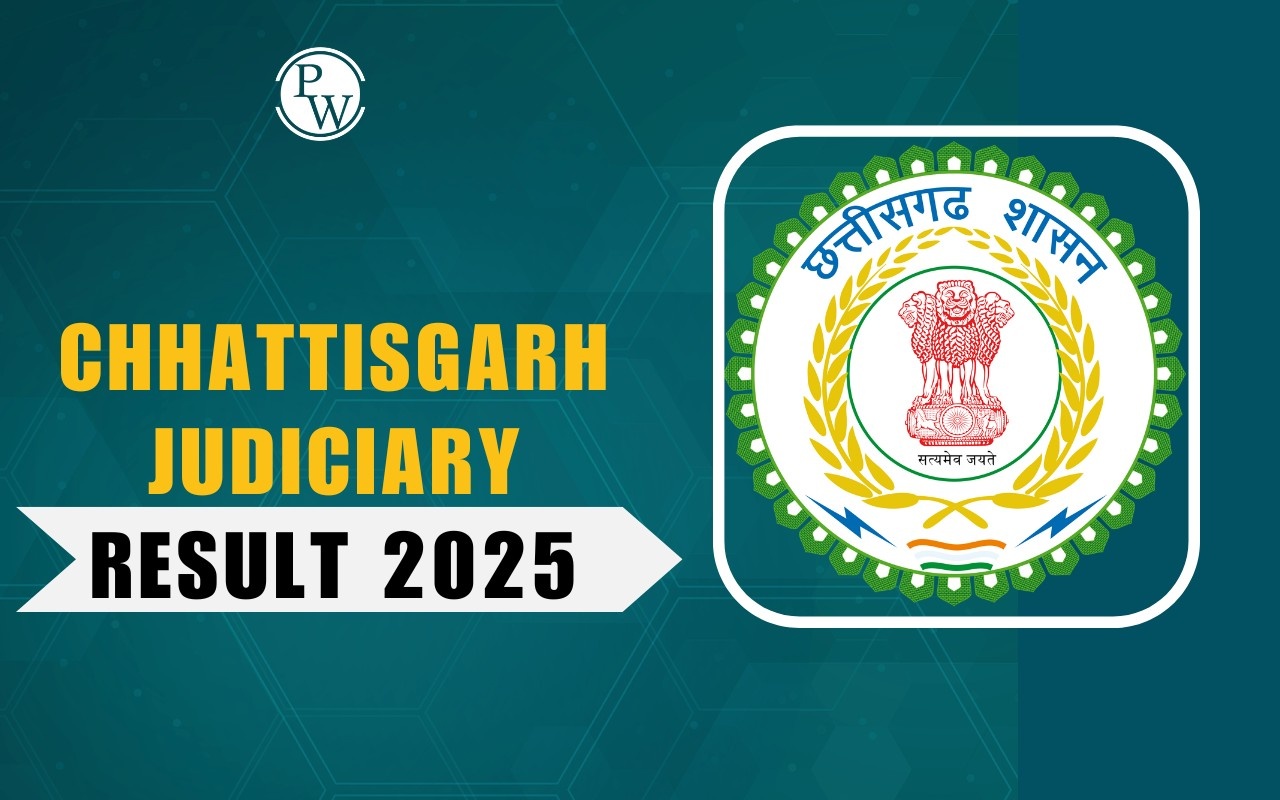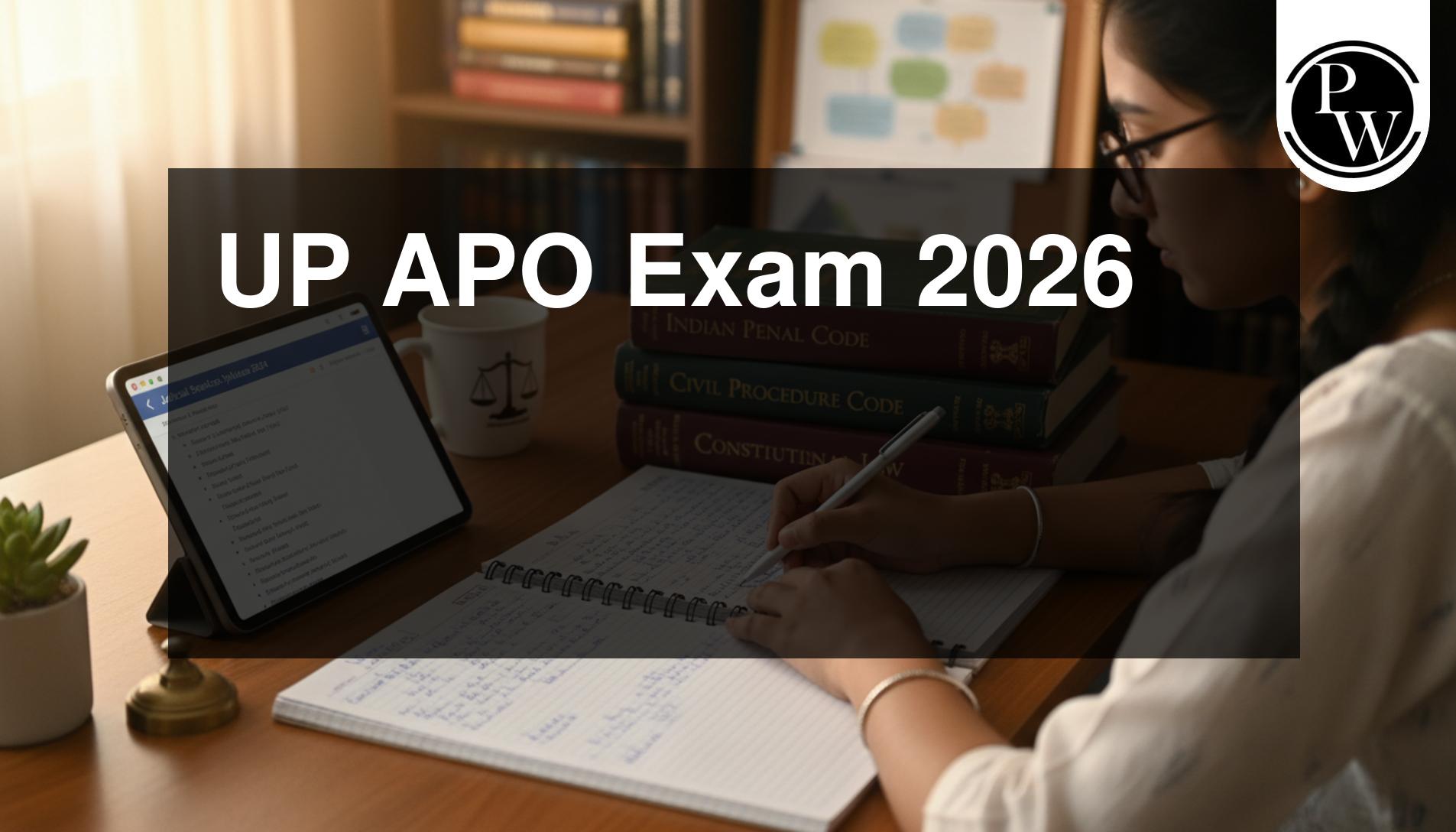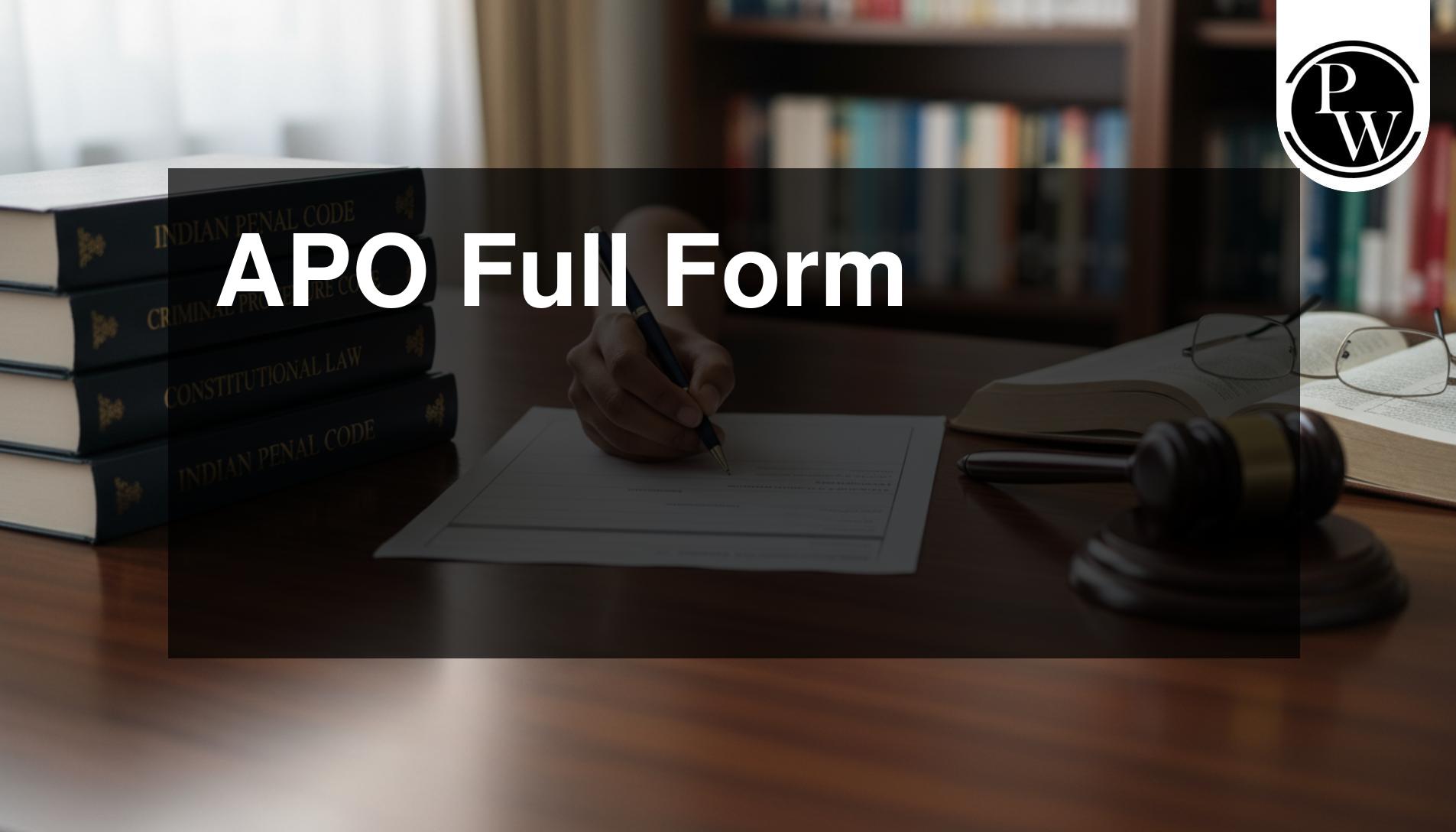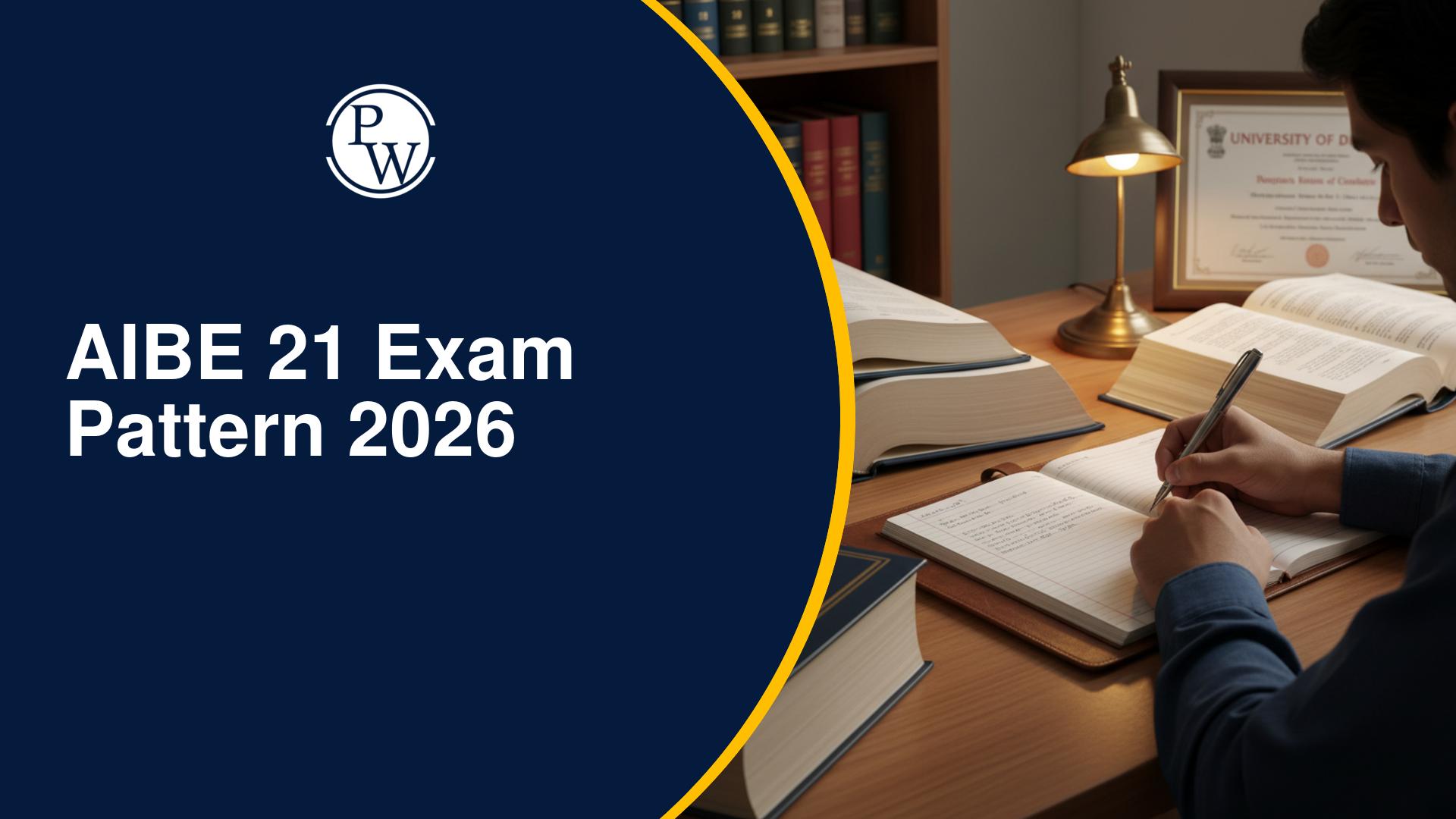
Chhattisgarh Judiciary Local Laws Questions: The Chhattisgarh Judiciary Examination is one of the most competitive legal exams in India, requiring aspirants to have a deep understanding of various laws, including local legislation specific to the state. Chhattisgarh Judiciary Local Laws Questions hold significant weight in this examination, and mastering them is essential for aspirants aiming to secure high scores. This guidepost provides an overview, topic-wise details, and preparation tips to qualify for this section.
Chhattisgarh Judiciary Exam Overview
The Chhattisgarh Judiciary Exam , conducted by the Chhattisgarh Public Service Commission (CGPSC), is a qualifying paper for aspiring judicial officers in the state. It assesses candidates on their knowledge of legal principles, procedural laws, and state-specific local laws. A well-rounded understanding of these topics is essential for success. Below is a concise overview of the examination pattern:
| Chhattisgarh Judiciary Examination Overview | |
|---|---|
| Aspect | Details |
| Conducting Body | Chhattisgarh Public Service Commission (CGPSC) |
| Exam Stages | Preliminary, Mains, Interview |
| Preliminary Exam | Objective questions on General Knowledge, Law, and local laws |
| Mains Exam | Descriptive papers on substantive laws, procedural laws, and local laws |
| Local Laws Weightage | Significant in both Prelims and Mains |
| Key Topics | Chhattisgarh Land Revenue Code, Excise Act, Panchayat Raj Act, etc. |
| Eligibility | Bachelor’s degree in law from a recognized university |
| Age Limit | 21 to 35 years (age relaxations as per rules) |
Important Chhattisgarh Judiciary Local Laws Questions Overview
Local laws are state-specific legislations enacted to address regional needs. In the Chhattisgarh Judiciary exam, these laws form a critical part of the Chhattisgarh Judiciary syllabus , focusing on topics that are unique to the state. Questions typically assess candidates' knowledge of procedural and substantive provisions within these laws. The primary focus areas include:- Chhattisgarh Land Revenue Code, 1959 : Regulating land tenure and administration.
- Chhattisgarh Excise Act, 1915 : Governing liquor production and trade.
- Chhattisgarh Municipal Corporation Act, 1956 : Covering local governance and administration.
- Chhattisgarh Panchayat Raj Act, 1993 : Focusing on decentralized governance.
- Chhattisgarh Rent Control Act, 2011 : Addressing landlord-tenant relationships.
- Chhattisgarh Forest Laws : Managing forest resources and wildlife conservation.
Topic Wise Chhattisgarh Judiciary Local Laws Questions With Answers
When preparing for the Chhattisgarh Judiciary Examination, breaking down the syllabus into specific topics can make studying more manageable. Below, we discuss important topics, Chhattisgarh Judiciary Local Laws questions, and answers to provide clarity:
Chhattisgarh Rent Control Act, 2011
Q1) The Chhattisgarh Rent Control Act consists of –
- 12 Sections
- 13 Sections
- 14 Sections
- 15 Sections
Ans. (c)
Q2) Chhattisgarh Rent Control Act consists of how many schedules?
- 4 Schedules
- 5 Schedules
- 6 Schedules
- 7 Schedules
Ans. (a)
Q3) Which section of the Chhattisgarh Rent Control Act, 2011 defines the term “accommodation”?
- Section 2(1)
- Section 2(3)
- Section 2(4)
- Section 2(6)
Ans.(a)
Q4) “Accommodation” under Chhattisgarh Rent Control Act, 2011 does not includes –
- Open space included in the land
- Facilities and amenities forming part of the agreement between landlord and tenant of any land
- Grounds
- Land used for agricultural purposes
Ans. (d)
Q5) Which section of the Chhattisgarh Rent Control Act, 2011 defines the term “habitual defaulter”?
- Section 2(1)
- Section 2(3)
- Section 2(4)
- Section 2(6)
Ans. (c)
Q6) Tenancy Agreement is dealt under ________ of the Chhattisgarh Rent Control Act.
- Section 3
- Section 4
- Section 5
- Section 6
Ans.(b)
Q7) Establishment of Rent Controller is provided under which section of the Chhattisgarh Rent Control Act?
- Section 7
- Section 8
- Section 10
- Section 12
Ans. (a)
Chhattisgarh Judiciary Exam Pattern
Chhattisgarh Excise Act, 1915
Q1) "Intoxicating drug" under the CHHATTISGARH EXCISE ACT means- the leaves, small stalks and flowering or fruiting tops of the Indian hemp plant including all forms known as
- Bhang
- Sindhi
- Ganja
- All of the above
Ans.(d)
Q2) The term "liquor" has been provided under ________ of the CHHATTISGARH EXCISE ACT .
- Section 2(11)
- Section 2(12)
- Section 2(13)
- None of the above
Ans.( c )
Q3) Without the sanction of the _________no intoxicant shall be removed from any distillery, brewery, warehouse, or other place of storage established or licensed under the CHHATTISGARH EXCISE ACT.
- State Government
- Central government
- Both (a) and (b)
- None of the above
Ans.(a)
Q4) Within the limits of any Military Cantonment, and within such distance from those limits as the Central Government in any case may prescribe, no licence for the retail sale of liquor shall be granted except with the knowledge and consent of the Commanding Officer.
- State government
- Central Government
- Both (a) and (b)
- None of the above
Ans.(b)
Chhattisgarh Land Revenue Code, 1959
Q1) Land records of CHHATTISGARH LAND REVENUE CODE 1959 is provided under _______
- Section 2(m)
- Section 2(n)
- Section 2(o)
- Section 2(a)
Ans.(a)
Q2) Power to appoint an Additional Commissioner is provided under _______ of the CHHATTISGARH LAND REVENUE CODE 1959.
- Section 13
- Section 14
- Section 15
- Section 16
Ans.(c )
Q3) ___________ shall appoint in each district a Collector who shall exercise therein the powers and discharge the duties conferred and imposed on a collector by or under this code or any other enactment time being in force.
- The State Government
- The Central Government
- Both ( a) and (b)
- None of the above
Ans.(a)
Q4) Revenue survey is defined under _________ of the CHHATTISGARH LAND REVENUE CODE 1959.
- Section 65
- Section 66
- Section 67
- None of the above
Ans.(b)
Q5) Appeal, Revision And Review is provided under _________ of the CHHATTISGARH LAND REVENUE CODE 1959.
- CHAPTER IV
- CHAPTER V
- CHAPTER VI
- CHAPTER VII
Ans.(b)
Q6) The term of settlement shall be fixed by the State Government and shall not be less than ________ in the Chhattisgarh Land Revenue Code 1959.
- Ten years
- Twenty years
- Thirty years
- Forty years
Ans.(c )
Q7) Under Chhattisgarh Land Revenue Code 1959, ____________ may, either re-number or subdivide into as many sub-divisions as may- be required in view of rights in land or for any other reason.
- Collector
- Settlement officer
- Revenue officer
- State government
Ans.(a)
Q8) ‘Records of right’ is provided under _________ of the Chhattisgarh Land Revenue Code 1959.
- Section 101
- Section 100
- Section 105
- Section 108
Ans.(d)
Q9) Removal of obstruction is provided under __________ of the Chhattisgarh Land Revenue Code 1959.
- Section 120
- Section 133
- Section 150
- Section 153
Ans.(b)
Chhattisgarh Judiciary Local Laws Questions Preparation Tips
Effective preparation for the Chhattisgarh Judiciary Local Laws Questions requires a structured and disciplined approach. Here are some tips to streamline your study plan:- Understand Bare Acts : Focus on key sections and provisions of local laws, such as the Chhattisgarh Rent Control Act and the Excise Act.
- Analyze Past Papers : Review Chhattisgarh Judiciary previous exam papers to identify frequently asked questions and critical topics.
- Summarize Key Points : Create concise notes summarizing definitions, sections, and case laws for quick revision.
- Focus on Amendments : Stay updated on recent changes or judicial decisions impacting local laws.
- Take Mock Tests : Practice mock exams to improve speed, accuracy, and confidence in tackling local law questions.
Chhattisgarh Judiciary Local Laws Questions FAQs
Q1. What is the importance of Chhattisgarh Judiciary Local Laws Questions in the exam?
Q2. Which local laws are essential for Chhattisgarh Judiciary preparation?
Q3. How can I approach Topic Wise Chhattisgarh Judiciary Local Laws Questions With Answers?
Q4. What are the best preparation tips for Chhattisgarh Judiciary Local Laws Questions?
Q5. Are there specific books for Chhattisgarh Judiciary Local Laws Questions Preparation Tips?
Q6. Can I skip local laws and still clear the Chhattisgarh Judiciary Exam?

